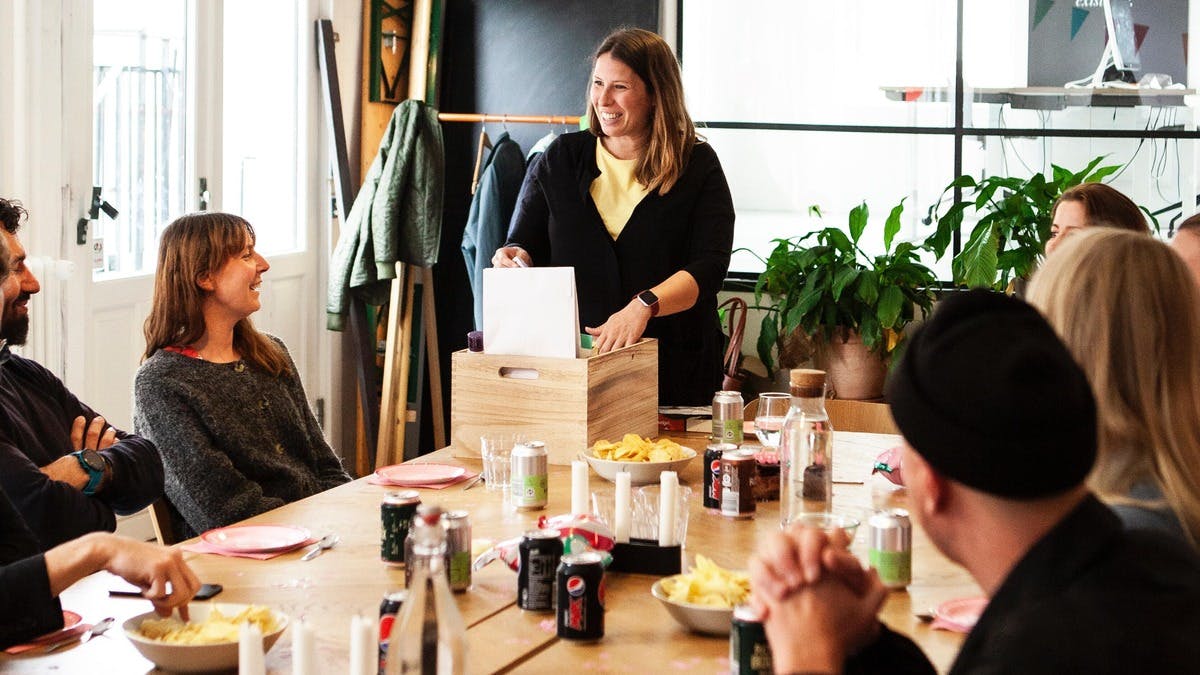New research from specialised recruiter Robert Half finds that more than one-third (38 per cent) of businesses in Australia have had to cancel staff entertainment events like end-of-year celebrations and holiday parties due to rising costs.
This trend is especially prevalent among medium-sized businesses, with over half (54 per cent) taking this measure.
Social, in-person events play a significant role in building company culture and morale, and cancelling them due to financial constraints could negatively affect retention rates and employee satisfaction. Businesses must find ways to maintain a positive company culture, even during economic uncertainty.
While cost-cutting measures may be necessary, it’s crucial to consider the potential impact on employees and find ways to balance financial concerns with the well-being and satisfaction of the workforce.
When it comes to what employees value most in their jobs, there is some alignment between employer and employee perceptions. Employers believe that their staff prioritise company culture (32 per cent), career progression (35 per cent), and flexible working conditions (33 per cent) as their top three priorities.
Employees, on the other hand, rank company culture (27 per cent), flexible working conditions (46 per cent), and career progression (27 per cent) in their top four most important elements, with remuneration, bonuses, and subsidies (52 per cent) coming in at the top.
What contributes to a strong company culture? In addition to the tangible benefits employers can offer their employees, there are intangible cultural and behavioural factors within the workplace that can also significantly impact the employee experience.
According to Australian office workers, the three most important contributors to a positive company culture include feeling appreciated and recognised for their efforts (50 per cent), being trusted to do their job regardless of where they work (45 per cent), and being offered flexibility and choice in their work hours (40 per cent).
“Rising inflation is having a negative impact on Australian workers’ employee experience, with some companies cutting costs on events and experiences that contribute to a strong company culture.
“The idea of having premium corporate culture is becoming one of the biggest attraction and retention strategies amid a tight labour market, with candidates paying more attention to what their experience would look like if they took a job offer from a company.
“During the interview process, candidates are inquiring about recognition efforts, social events, and company culture initiatives to evaluate the quality of a job offer. Company culture is one of the main factors that entice existing employees to stay with their employer”, said Andrew Brushfield, Director of Robert Half Australia, in announcing Robert Half’s latest survey results.
“Cutting highly-valued social events like Christmas parties can leave a sour taste in employees’ mouths as the year ends, potentially putting a negative light on the hard work they have done at a time when achievements are usually celebrated with peers.
‘Before taking similar actions in the new year, businesses should consider other ways of managing costs like creating and sticking to a budget and keeping track of expenses.”
“By understanding the qualities that candidates prioritise when assessing and choosing employers in 2022, hiring managers can create a strong company culture while managing costs during a time when the cost of living is soaring.
“This works wonders in creating emotional buy-in from candidates and staff, lowers reliance on salary to start or stay at a business, and aids the retention of satisfied employees,” concluded Brushfield.
Keep up to date with our stories on LinkedIn, Twitter, Facebook and Instagram.

